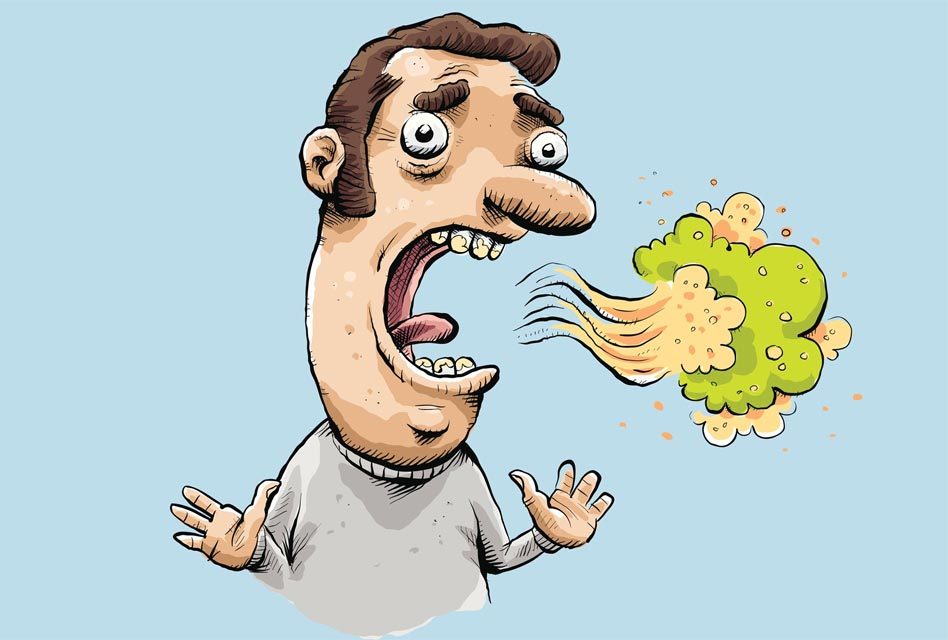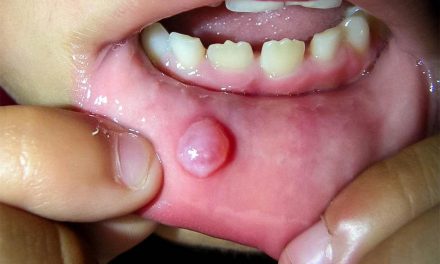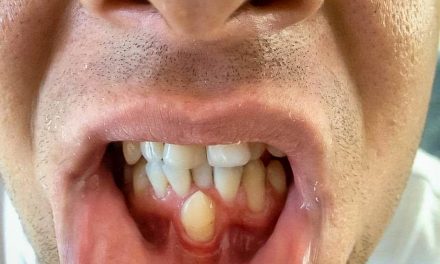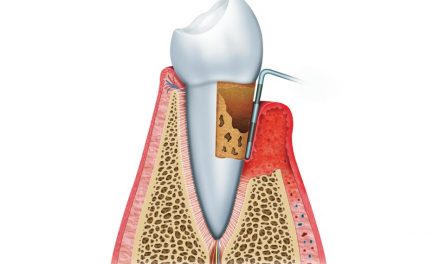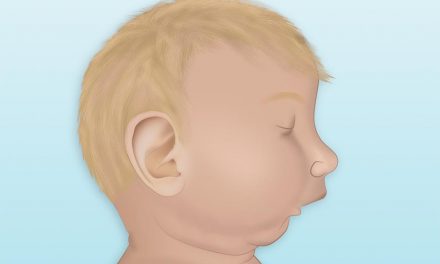Bad breath, medically named halitosis, can be the result of poor oral hygiene or other health problems. It can also become worse with the type of foods ingested or other unhealthy habits.
Foods associated with halitosis
Certain foods, such as garlic or onions, can cause bad breath. Brushing and using mouthwashes can hide the smell temporarily. It will be eliminated once the food is ingested.
Habits associated with halitosis
- Food residue left between the teeth from a lack of hygiene. Brushing and flossing are important.
- Food residue left on the tongue from not brushing it.
- Food residue left around removable prosthetics (dentures or partials).
- Smoking can cause bad breath, stain the teeth, reduce the taste of foods, and irritate the tissues of the mouth.
Health problems associated with halitosis
- Gingivitis or periodontitis caused by the accumulation of plaque containing bacteria. If this disease is left untreated, it can cause harm to the gums and the bone supporting the teeth.
- Cavity or defective fillings.
- Xerostomia (dry mouth), because of the lack of natural cleaning done by the saliva.
- Infection of the respiratory ducts, including bronchitis, pneumonia, and sinusitis.
- Diabetes.
- Chronic acid reflux.
Prevention of halitosis
- Stopping all tobacco use.
- Good oral hygiene by brushing with antibacterial toothpaste after each meal, and by also brushing the tongue. Changing toothbrush every two months. Flossing at least once a day. Removable prosthetics (dentures or partials) should not be worn during the night and should be properly cleaned before putting them back in the mouth.
- Visiting the dentist regularly for dental exams, at least twice a year, to verify the state of the gums and detect the presence of gingivitis, periodontitis, xerostomia, or all other problems that could cause halitosis.
- Drinking lots of water to keep the mouth moist.
- Chewing a sugar-free gum to stimulate the production of saliva.
- Using a mouthwash, preferably antibacterial, to eliminate the bacteria that cause halitosis.
References
Wikipedia, the free encyclopedia (www.wikipedia.org).
WebMD, better information, better health (www.webmd.com).
The information above should be used as a reference only. Any medical decision should not be taken before consulting a health care professional.
The masculine gender may have been more used in the article, but without prejudice, to make reading easier.
Category dental problems
- Abfraction
- Abrasion
- Ankylosis
- Anodontia
- Attrition
- Broken fillings
- Bruxism (Teeth Grinding)
- Cavity (tooth decay)
- Cold sore (herpes labialis)
- Dental abscess
- Dental plaque
- Denture Irritations and Infections
- Denture stomatitis (prosthetic stomatitis)
- Dry socket
- Erosion
- Fluorosis (dental)
- Gingival hyperplasia
- Gingival pocket
- Gingivitis
- Gum Disease (Periodontal Disease)
- Gum recession
- Halitosis (Bad Breath)
- Hyperdontia (supernumerary teeth)
- Hypocalcification
- Hypodontia
- Impacted tooth (tooth impaction)
- Leukoplakia
- Lichen planus
- Malocclusion (Misaligned Teeth)
- Microdontia
- Micrognathia (micrognathism)
- Mucocele
- Oligodontia
- Oral cancers
- Oral candidiasis
- Overbite
- Overjet
- Pericoronitis
- Periodontal pocket
- Periodontitis
- Prognathia (prognatism)
- Resorption
- Retrognathia (retrognatism)
- Sleep apnea
- Tartar (Calculus)
- TMD (Pain and Cracking of the Jaw)
- Tooth Discolouration
- Tooth sensitivity (sensitive teeth)
- Torus
- Trismus
- Ulcers and canker sores
- Xerostomia (Dry Mouth)

